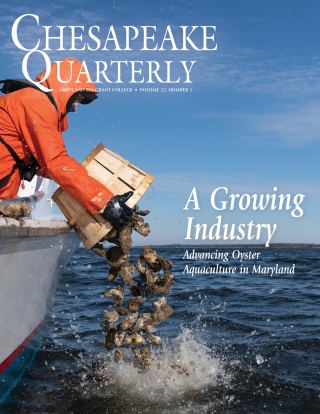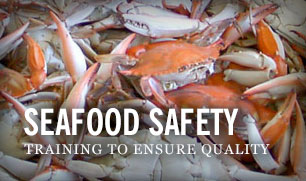Knauss legislative fellowships in Congress help build careers — and they're fun and educational. See our video and fact sheet for details.
New MDSG Fellows to Study Saltwater Intrusion, Urban Watersheds, Stream Restoration
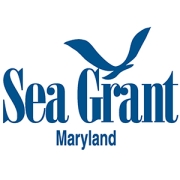
Maryland Sea Grant has selected three graduate students this year as Coastal Resilience and Sustainability Fellows beginning this fall. Their findings may help Marylanders respond more effectively to current and future environmental challenges and impacts of climate change.
These young scientists will study the biogeochemistry at the intersection of tidal marshes and farmlands; the spatial structure of natural processes in urban watersheds; and the effects of stream restoration on fish, algae, and macroinvertebrates.
Unlike many fellowship programs that assign graduate students to work on research projects led by faculty members, the Coastal Resilience and Sustainability Research Fellowships were created to allow graduate students to independently plan, budget, and conduct their own research studies.
Dani Weissman is a Ph.D. student at the University of Maryland, College Park, in Dr. Kate Tully's agroecology lab and a graduate research assistant at the National Socio-Environmental Synthesis Center (SESYNC) in Annapolis. Her research will use field data and laboratory measurements to study how salt water intruding from tidal marshes onto farmland may release nutrients from the farms into coastal watersheds. The primary goal of the project is to provide policymakers with the information they need to refine best management practices and make agriculture more sustainable.
Weissman earned her bachelor’s degree in environmental earth science from Johns Hopkins University in 2010. In her spare time, Dani plays the fiddle in her band Swamp Donkey Newgrass.
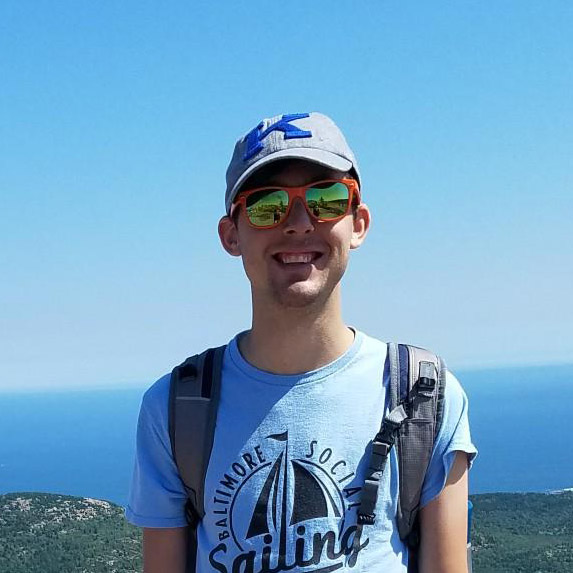
Alex Rittle is a Ph.D. student at the Department of Geography and Environmental Systems at the University of Maryland, Baltimore County (UMBC), working with Dr. Matthew Baker. His project will use unmanned aerial vehicles (UAVs) to collect ecological, hydrological, and physical observations of the Patapsco River before and after the Bloede Dam is dismantled. Alex will use Geographic Information Systems (GIS) software to help scientists better understand the evolution of the Patapsco River channel and, more broadly, the impact of dams on the geomorphology of watersheds.
Rittle earned his bachelor of science degree in geology from Millersville University of Pennsylvania in 2013 and a master of arts in geography from the University of Kentucky in 2015.
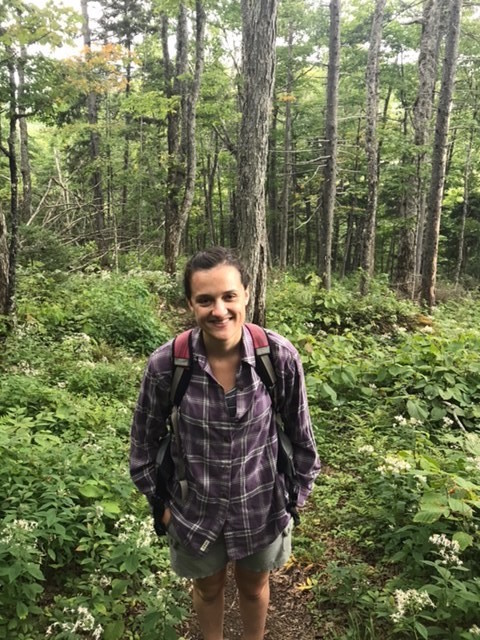
Hayley Oakland is a master’s student at UMBC’s Department of Geography and Environmental Systems, also working with Dr. Matthew Baker. She will study the impacts of stream restoration on animal habitats in Maryland and Pennsylvania. Oakley started this work at the Academy of Natural Sciences of Drexel University in 2015 using a few study sites in Pennsylvania to better understand channel and floodplain habitats. Now, she will collect new data from more locations, including several in Maryland, and conduct analyses to study the interactions between topography metrics and fish, algae, and macroinvertebrate habitats.
For her bachelor of science degree from the University of Oregon in 2014, Hayley wrote an honors thesis that examined coastal ecology, wastewater pollutants, and the potential ecological and social efficacy of environmental remediation practices in Zanzibar, Tanzania.
— Alex Lopatka, Editorial Assistant
Learn more about Maryland Sea Grant’s Coastal Resilience and Sustainability Research Fellowships.
.jpg)



